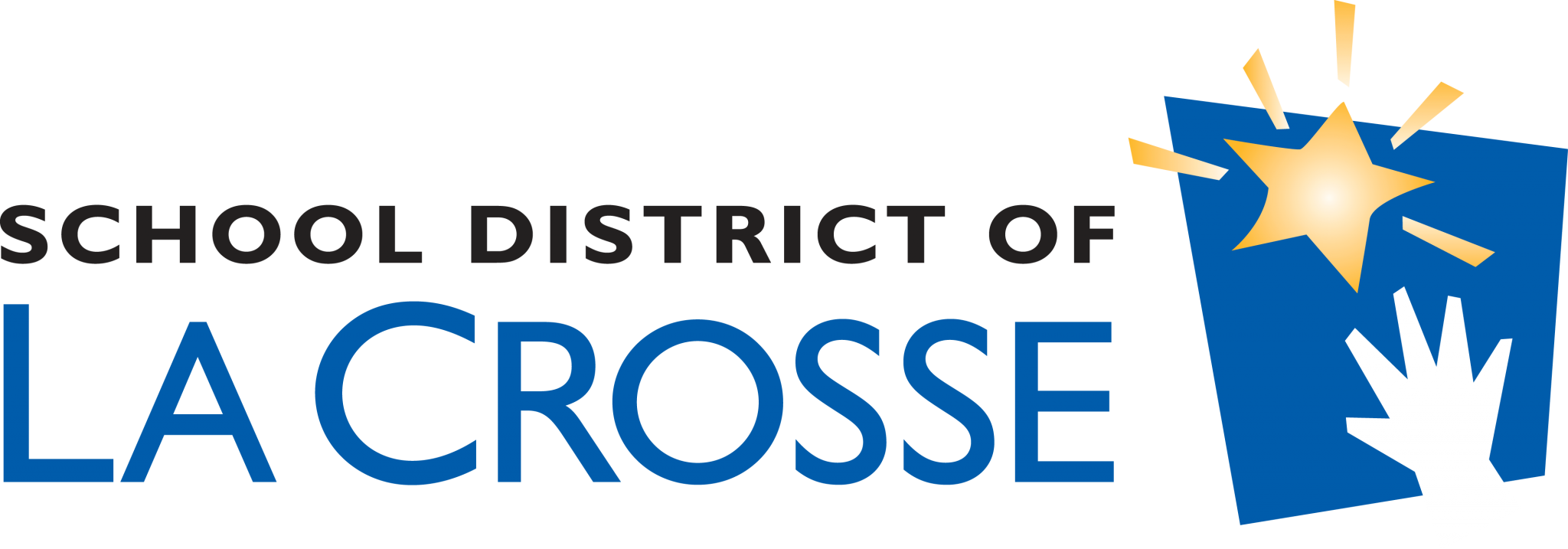Concerns about a Crime or Being a Victim of a Crime
Considerations when Supporting Youth
- Consider the following:
- Is it a crime that an adult could be ticketed for, or is it a crime because they are a juvenile?
- Does the crime have consequences for the community/non-family members?
- If yes, police intervention should be used.
- If not, determine for your family whether police intervention is appropriate at this time.
- Gather as much information as possible and as seems reasonable.
- Explore what unmet need is attempting to be met through the youth’s actions/behaviors.
- Provide information about potential consequences or outcomes of their behavior. Only provide information that you know to be accurate. Do not use scare tactics.
- Provide a clear explanation of limits with rules and consequences as they relate to the legal system, home, or school.
Call 9-1-1
- Call 9-1-1 if you are concerned about serious harm and need medical assistance or support from law enforcement or emergency services in getting youth to Emergency Department.
- When calling 9-1-1, be ready to give the dispatcher your name, phone number, current location/address, date of birth, people involved, a description of the situation, and what kind of help you need. It may be helpful to inform the dispatcher of the youth’s mental health concerns so that the responding officer is aware.
- There are several possible responses by law enforcement. Law enforcement may provide support to stabilize, transport youth to the Emergency Department for evaluation, write a ticket, and/or place a youth in detention. Placing youth in detention involves collaboration with the La Crosse County Youth Justice program and there are certain criteria that must be met in order to utilize secure detention.
- Once law enforcement arrives, the outcome is up to their discretion. However, in our community law enforcement typically works collaboratively with Mobile Crisis in order to ensure appropriate assessment and support.
Connect with Supports
- There are several different ways to seek counseling or treatment. This includes a private therapist, a school counselor, mental health center services, and/or substance abuse treatment. Private therapists can be a licensed clinical social worker (LCSW), a licensed professional counselor (LPC), or a psychologist. This is usually covered by insurance and may occur weekly or every other week depending on treatment needs. Therapy is individualized and collaborative. A therapist may offer more frequent sessions if needed or may recommend a higher level of care as needed.
- Youth may also be able to receive counseling at school. This may be in the form of a school counselor who is accessible to all youth. The school counselor can give you more information about services available in the school.
- The School District of La Crosse also has a Student Family Assistance Program which offers short-term solution-focused interventions to support student mental health. If you are interested in this program, reach out to your school counselor.
- Youth in crisis may need more intensive support than outpatient therapy or school counseling.
- If you are a victim of a crime, you can also reach out to Gundersen’s Crime Victim Services by calling (608) 775-5557 or (800) 362-9567, ext. 55557.
- Crime Victim Services provides free and confidential crisis counseling, advocacy and information, and referral services. If you live in La Crosse, Monroe, Jackson, Trempealeau, and Vernon counties and are the victim of robbery, violent personal injury, assault, drunk driving, sexual assault, or are the survivor of or a secondary victim to homicide you can access this free service. You have rights and can get help if you are a victim of a crime.
What Else Can I Do?
If you would like assistance getting help for yourself or you would like to refer your child, student or friend for professional services, reach out to your school student services offices for additional support and information.
Community Resource
Great Rivers 211
Great Rivers 2-1-1 offers free, confidential community information and referrals 24 hours/day. Dial 2-1-1 or (800) 362-8255 to talk to an information and referral specialist.
